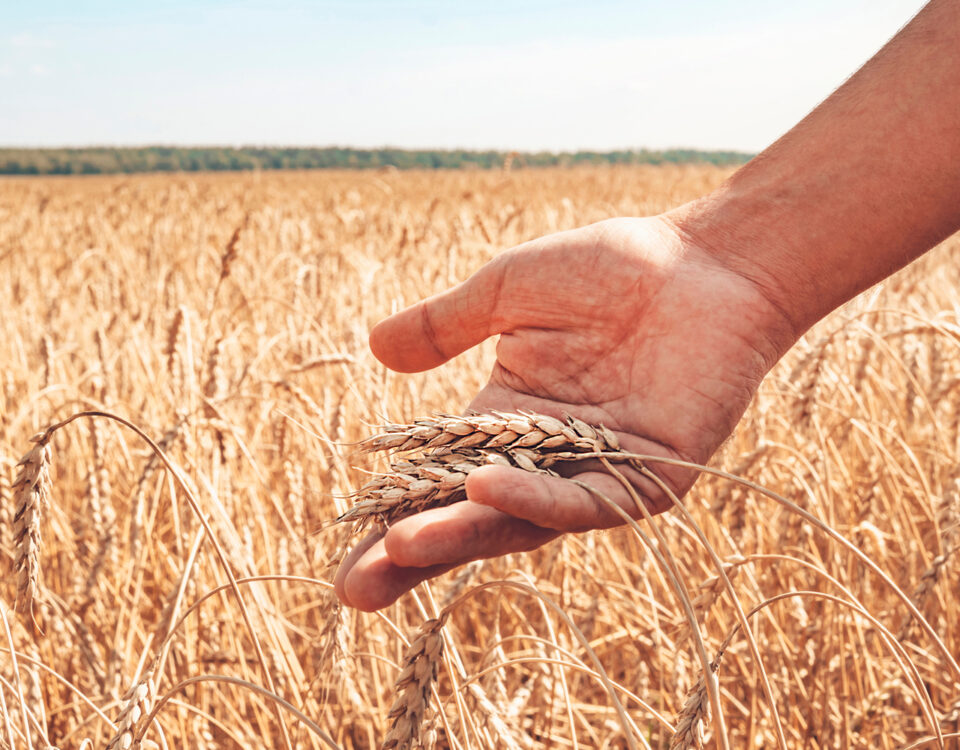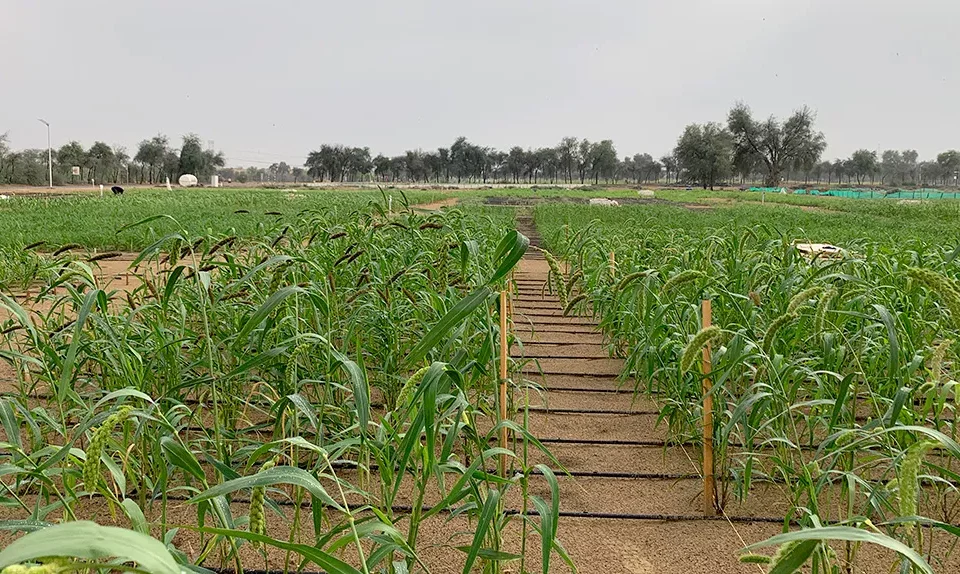
Compost Fertilizer: Nature Gift for Better Yields
August 9, 2024
Precision Agriculture New Tools for Efficient Farming
August 14, 2024Introduction
Sugar cane production is crucial for sugar and biofuel industries. Modern techniques are enhancing this process, leading to higher yields and sustainability. Precision agriculture, using GPS and drones, helps monitor crop health and optimize inputs like water and fertilizers. Genetic advancements have introduced high-yielding, disease-resistant cane varieties, improving resilience and productivity. Efficient irrigation systems, such as drip and sprinkler methods, conserve water and ensure consistent moisture. Integrated Pest Management (IPM) employs natural predators and targeted treatments to control pests with minimal environmental impact. Additionally, sustainable practices like conservation tillage and organic amendments enrich soil health and stability. By embracing these innovations, farmers can boost sugar cane production while promoting environmental sustainability and resource efficiency.
Precision Agriculture
Precision agriculture revolutionizes farming by using advanced technology to enhance crop management. This approach involves the use of GPS, drones, and sensors to collect detailed data on soil conditions, crop health, and environmental factors. GPS-guided machinery ensures precise planting and fertilization, reducing waste and improving resource efficiency. Drones provide aerial views, allowing for real-time monitoring of crop development and identifying issues such as pest infestations or nutrient deficiencies. Sensors measure soil moisture and nutrient levels, enabling farmers to apply water and fertilizers exactly where needed. This data-driven approach not only optimizes yields but also minimizes environmental impact by reducing overuse of resources. By integrating precision agriculture techniques, farmers can achieve more efficient, sustainable, and profitable crop production.
Improved Varieties and Genetic Modification
Improved varieties and genetic modification have significantly enhanced sugar cane production. Advances in breeding have led to high-yielding and disease-resistant strains, which can thrive under varying environmental conditions. These improved varieties are designed to produce more sugar per hectare and resist common pests and diseases, reducing the need for chemical interventions. Genetic modification further boosts this progress by introducing traits such as enhanced drought resistance and better nutrient utilization. By selecting or engineering the right variety for specific soil types and climates, farmers can achieve higher productivity and reduced crop losses. This not only maximizes yield but also supports sustainable farming practices by reducing the dependency on synthetic inputs and improving the resilience of sugar cane crops.
Efficient Irrigation Systems
Efficient irrigation systems are transforming sugar cane farming by optimizing water use and boosting productivity. Techniques such as drip and sprinkler irrigation deliver water directly to the plant roots, minimizing evaporation and runoff. Drip irrigation provides a steady, controlled water supply, ensuring that each plant receives the precise amount needed for growth. This method is particularly useful in arid regions where water is scarce. Sprinkler systems, on the other hand, mimic natural rainfall and are effective in covering larger areas uniformly. Both methods help conserve water and improve crop yields by maintaining consistent moisture levels. Implementing efficient irrigation systems not only reduces water waste but also enhances soil health and supports sustainable farming practices, ultimately contributing to more resilient and productive sugar cane crops.
Integrated Pest Management
Integrated Pest Management (IPM) is a holistic approach to managing pests while minimizing environmental impact. It combines biological, cultural, physical, and chemical methods to control pest populations effectively. IPM starts with monitoring and identifying pests accurately to understand their life cycles and behaviors. Biological control involves using natural predators or parasites to keep pest numbers in check. Cultural practices, such as crop rotation and resistant varieties, can prevent pest infestations. Physical controls include barriers and traps that reduce pest access to crops. When necessary, targeted chemical treatments are applied judiciously to avoid harming beneficial organisms and reduce pesticide use. By integrating these strategies, IPM promotes sustainable agriculture, reduces dependency on chemicals, and enhances crop health while protecting ecosystems and improving long-term pest management efficiency.
Sustainable Farming Practices
Sustainable farming practices are essential for maintaining soil health and ensuring long-term agricultural productivity. Techniques such as conservation tillage help preserve soil structure and prevent erosion by minimizing soil disturbance. Organic amendments, like compost and green manure, boost soil fertility and enhance microbial activity, leading to more robust crops. Crop rotation and cover cropping diversify plant species, reducing pest and disease pressure while improving soil nutrient balance. Integrating these practices not only supports environmental health but also promotes resource conservation by reducing the need for synthetic fertilizers and pesticides. Additionally, sustainable practices often lead to improved water retention and reduced runoff, benefiting both the crop yield and the surrounding ecosystem. By adopting these methods, farmers can achieve greater resilience and productivity while contributing to a healthier planet for future generations.
The topic for writing this blog has been taken from the post of a farmer from the Sindh Abadgar Board Facebook page.
to read more agriculture related blogs on the website Click here.





